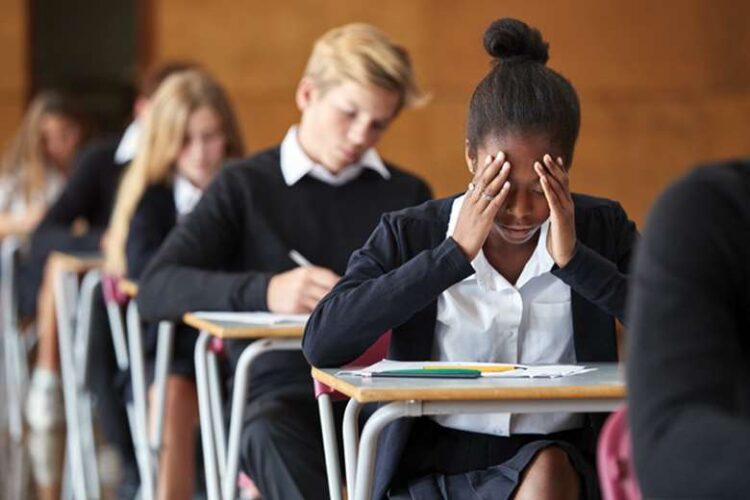By Gavin Mackintosh-
Schools in England have been advised to continue educating pupils for the remainder of the school year, rather than giving them an extended holiday as “study leave” for exams that were cancelled, the head of the Ofsted has said.
Amanda Spielman has expressed concern that secondary schools were allowing pupils on GCSE and A-level courses to end the summer term six weeks or more early, meaning that some 15 and 16-year-olds would have 100 days of holiday before the new year started in September.
Spielman said Ofsted “will want to know” how schools are using the remainder of the term to help their pupils in the exam year groups – year 11 and year 13 – catch up on learning lost during the pandemic lockdowns.
After pupils lost a lot of time during the pandemic, many students have been set back academically and need to compensate for lost time. The British government are injecting a lot of money into tuition to help them catch up with lost time, but only yesterday, the education tsar resigned in protest that the funding offered by the government is short.
This year exams for GCSEs, BTecs and A-levels have been cancelled and replaced by teacher assessment, but many schools still allowed students to leave at the end of May, after the deadline for work to be included in teacher assessments.
The DfE’s coronavirus guidance tells school leaders that “a period of independent study leave may not be applicable” this year. The guidance suggests schools make “appropriate judgments” on activities for year 11s, including “remote provision combined with attendance in person”.
A DfE spokesperson said: “Our guidance strongly encourages all schools and colleges to maximise opportunities during the summer term to support those students to progress to the next stage of their education, training or work.”
School leaders say the procedure to create teacher-assessed grades (Tags) used to replace A-levels and GCSEs is time-consuming and demanding, so keeping the pupils in school for longer would be impractical.
One head from a central London school said Tags had created “10 times the normal amount of work” for teachers and a “bureaucratic nightmare” of changing demands from the exam boards, leaving childcare rather than education as the only option if year 11s were to remain in school.
Other heads have expressed fear that many students would simply refuse to attend, and efforts to make them do so would not be supported by parents.
Geoff Barton, general secretary of the Association of School and College Leaders, said many schools were putting on extra provision. “Their ability to do this is constrained by the huge workload pressures they are having to juggle, particularly around the extremely time-consuming process of assessing students and submitting grades to the exam boards.”




